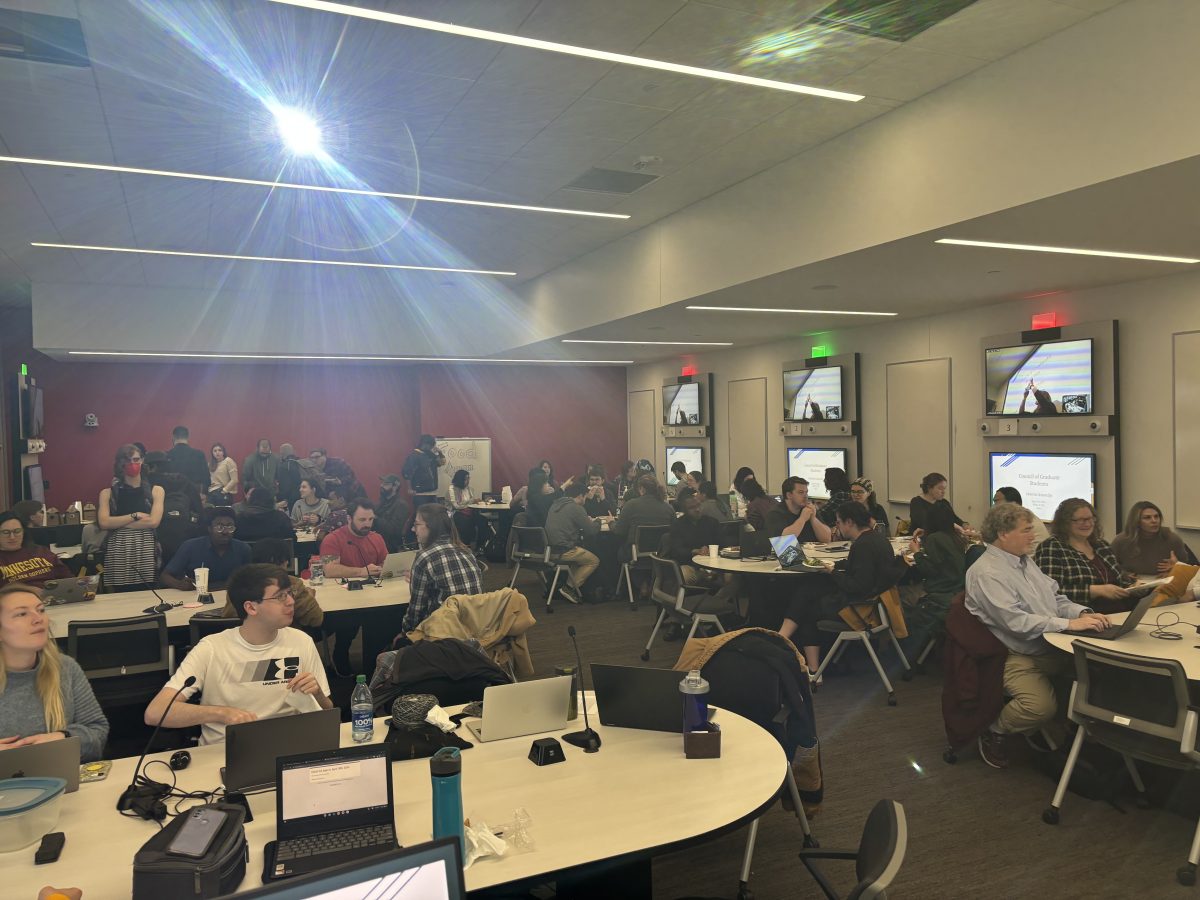It’s not the miraculous memory-erasing device from the 1997 hit movie “Men in Black,” but it has a similar goal.
Propranolol, a generic drug used to fight hypertension and now being considered to reduce memory consolidation, could provide potential relief for post-traumatic stress disorder sufferers. But it’s not the “flashy memory thingy” from the movie.
“That’s the fantasy,” said University psychology professor Jonathan Gewirtz. “We know it doesn’t do that.”
In early clinical trials, the widely prescribed drug showed an ability to disrupt painful memories, though not erase them entirely – if taken immediately after traumatic episodes.
Although doctors can already issue the drug to PTSD patients, such as emergency medical technicians or soldiers, few if any do, according to Gewirtz. If the Food and Drug Administration approves the drug for mental-health purposes, a likely scenario because a recent study at Massachusetts General Hospital in Boston produced favorable results, it could become a common treatment for the illness.
Even if the drug works, it’s going to take some more time and a lot more research before it is widely distributed, said Dr. Roger Pitman, the study’s principal investigator, emphasizing that the group’s results are still very preliminary.
William Elmquist, a University pharmaceutics professor, said propranolol’s knack for infiltrating the brain doesn’t surprise him.
Given the drug’s makeup, he said, it can easily cross over a protective layer of cells called the “blood-brain barrier.”
The barrier blocks the gateway to our gray internal control panel, but propranolol can successfully penetrate it, Elmquist said. Psychotropic drugs, such as valium, also have this capability.
“Its ability to go through the cell instead of around the cell is very good,” Elmquist said. “It definitely can get in to where it might have an effect.”
University neuroscience professor William Engeland said there is a part of the brain known as the amygdala, which helps to interpret the emotional significance of events.
“It’s kind of like a key fitting into a lock, with the lock being a receptor,” he said. “So, what propranolol does is it blocks certain receptors for noradrenaline or norepinephrine.”
By disrupting these chemical messages, he said, the drug could limit the body’s response – or in this case, the symptoms of PSTD.
University combat veterans gathered Tuesday at the Bell Museum for a reintegration conference offered varied and complicated opinions on the proposed use for propranolol, which has spurred a mini media frenzy, especially in the past week.
Andrew Huff, an anxiety disorder sufferer who spent 2005 in the Sunni Triangle of Iraq, said he doesn’t know much about the drug but is skeptical.
“If it does end up working, there might be some positive aspects,” the University psychology junior and employee of the St. Paul Veterans Resource Center said. “But I wouldn’t label it as a solution to the problem.”
However, he said, “It might be right for some people,” if combined with therapy and other treatments.
Gewirtz emphasized that propranolol is not a cure-all. Rather, it would be one element in a comprehensive treatment plan.
The idea of muddling tough memories doesn’t appeal to Andrew Borene, who served during the 2003 Iraq invasion. The recovering alcoholic and third-year law student said he prefers nonchemical treatment methods.
“There are more conventional means,” the most effective being therapy, he said.
While Borene dropped out of a 2006 suburban legislative race to go to treatment, University geography junior Andy Davis narrowly lost his own race for State House in Mankato.
At least for his own experience, the combat veteran rejects the term PTSD in favor of “post-traumatic growth.” He was treated for “combat/operational stress.”
“I don’t know if it’s healthier to scatter the traumatic memories than it is to have them,” Davis said as he and fellow veterans enjoyed a short break outside the museum Tuesday. “They shape us, make us who we are.”
At a student veteran panel, Borene punctuated that point. He reflected on his time in rehabilitation, where he found his higher power and acknowledged his trauma-induced mental health issues.
“I would not take back a day I had on active duty, as hard as it was,” he said to an auditorium of veterans sitting alongside University faculty and staff. “I wouldn’t change a thing about it.”
















